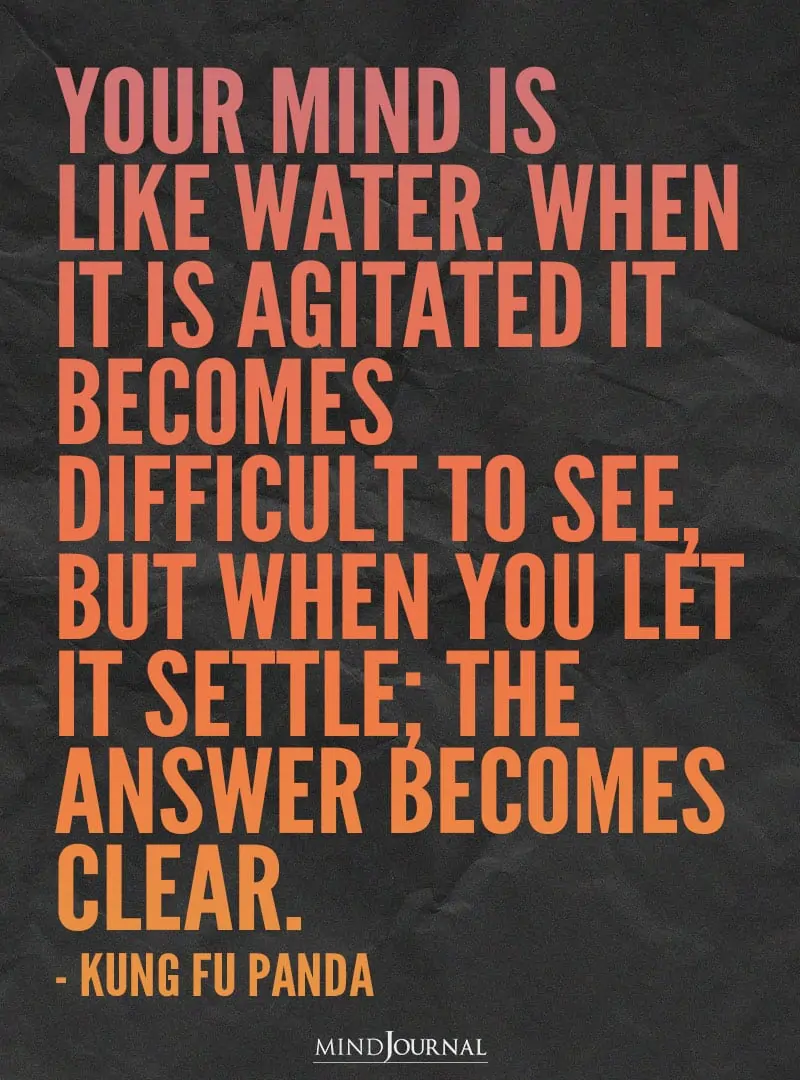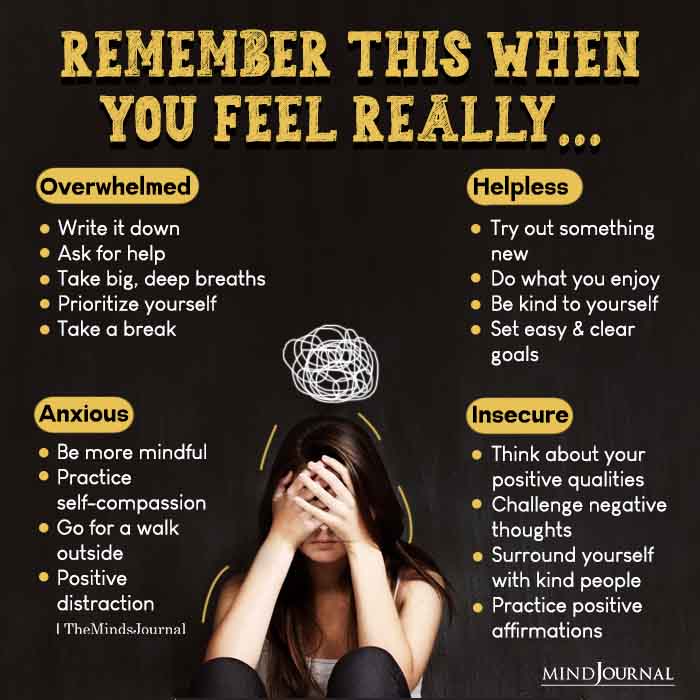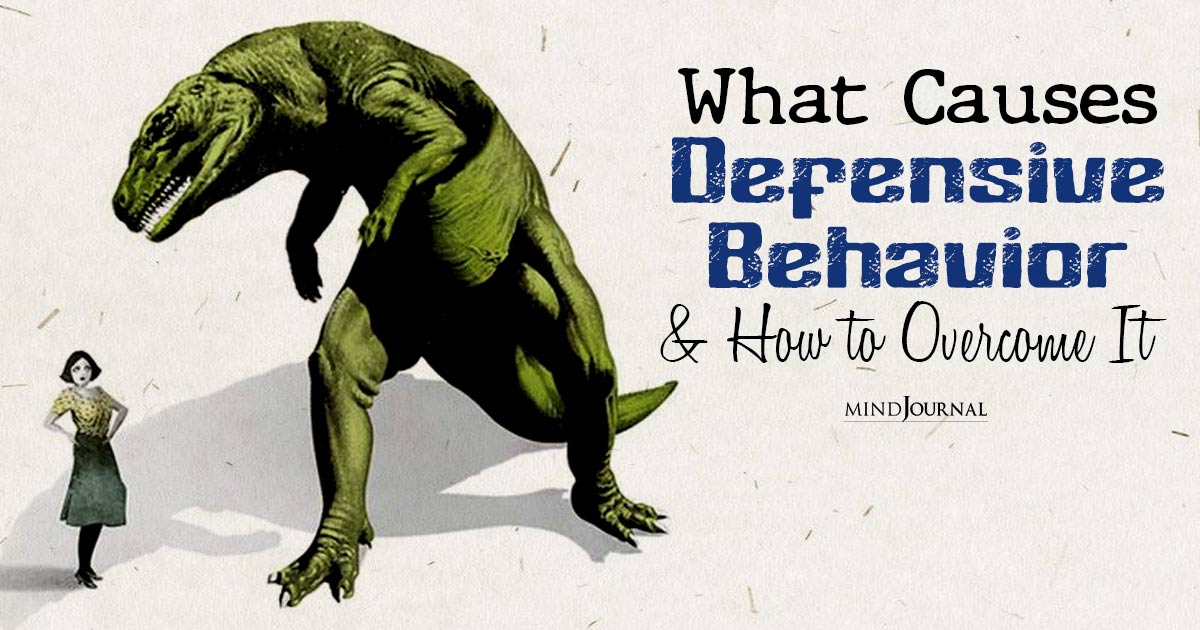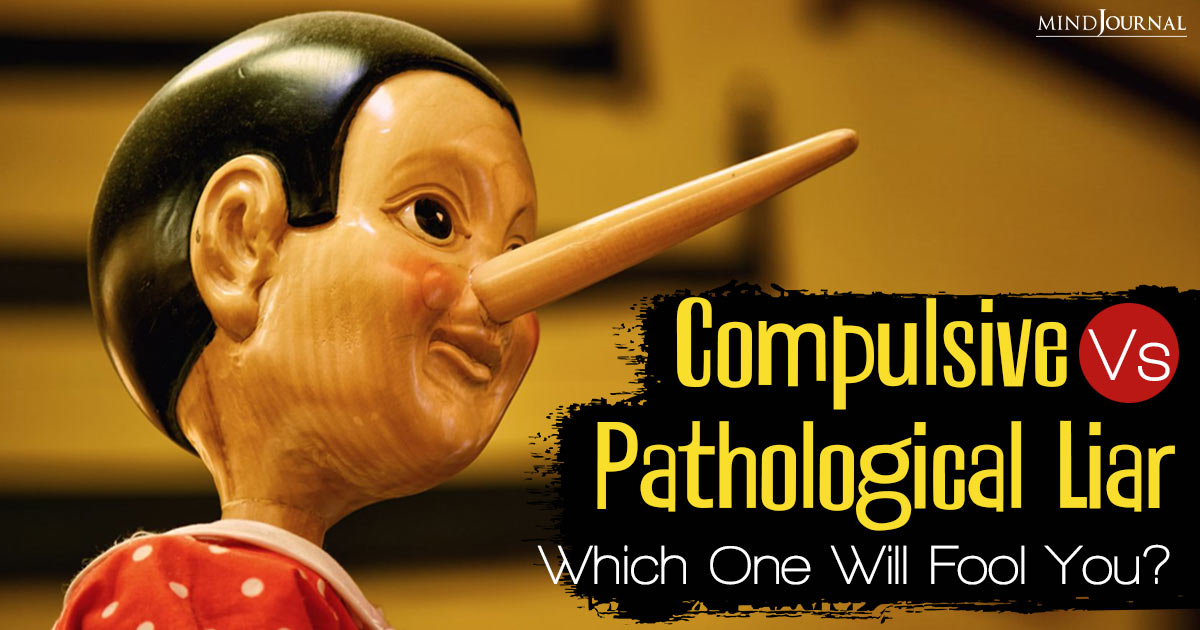Have you ever experienced the overwhelming feeling of a cluttered mind? Ever wondered how can you clear your mind? The constant stream of thoughts, worries, and distractions can leave us feeling drained and unable to focus.
In today’s fast-paced world, finding moments of clarity and peace is essential for our overall well-being. Hence, today we will explore effective techniques and strategies to help you clear your mind and regain inner calm.
So, let’s embark on this transformative journey together and discover how to clear your mind from stress and anxiety.
How Can You Clear Your Mind?
Clearing your mind is essential for our overall well-being. Here are some simple techniques on how to clear your mind of unwanted thoughts and gain mental clarity –
1. Embrace Mindfulness
Mindfulness is the art of being fully present in the current moment, without judgment. By practicing mindfulness, you can cultivate a clear mind and enhance your overall awareness.
Begin by setting aside dedicated time each day for mindfulness meditation. Find a quiet space, sit comfortably, and focus your attention on your breath. Notice the sensations, thoughts, and emotions that arise, but don’t dwell on them. Instead, gently redirect your focus back to your breath.
Through consistent practice, mindfulness can help you become more attuned to the present moment and clear your mind of unnecessary clutter.
Related: Neuroscience Secrets: Your Brain Has A Delete Button And Here’s How You Can Use It
2. Engage in Physical Activity
Physical activity is not only beneficial for your physical health but also plays a crucial role in clearing your mind. Engaging in exercises such as walking, jogging, yoga, or dancing can help release tension and promote mental clarity.

When you move your body, endorphins are released, which elevate your mood and reduce stress. Additionally, focusing on your body’s movements during exercise helps redirect your attention away from intrusive thoughts, allowing you to experience a sense of mental calmness.
3. Declutter Your Physical Space
Our external environment often mirrors our internal state. A cluttered physical space can contribute to a cluttered mind. Take the time to declutter and organize your surroundings, whether it’s your home, workspace, or even your digital devices.
Start small, tackling one area at a time. Remove unnecessary items, organize your belongings, and create a clean and harmonious environment. As you clear physical clutter, you’ll notice a corresponding clarity in your mind, allowing you to focus on what truly matters.
Still wondering how can you clear your mind? Read on.
4. Practice Deep Breathing
Deep breathing is a simple yet powerful technique to clear your mind and induce relaxation. When we feel stressed or overwhelmed, our breath tends to become shallow and rapid.
By consciously taking slow, deep breaths, you activate your body’s relaxation response, calming your mind and reducing anxiety. Find a comfortable position, close your eyes, and inhale deeply through your nose, allowing your abdomen to expand. Exhale slowly through your mouth, releasing any tension or negativity.
Repeat this process several times, feeling the soothing effects of deep breathing washing over you. This is how to clear your mind of unwanted thoughts.
5. Disconnect from Digital Distractions
In today’s hyper-connected world, we are constantly bombarded with notifications, emails, and social media updates. These digital distractions contribute to mental clutter and rob us of precious moments of clarity.
Take intentional breaks from your devices to recharge your mind. Set boundaries by designating specific times each day for technology-free activities such as reading, engaging in hobbies, or spending time in nature. By disconnecting, you create space for reflection, introspection, and a clearer state of mind.
6. Engage in Creative Outlets
Creativity offers a powerful avenue for clearing your mind and nurturing your soul. Engage in activities that allow you to express yourself, such as painting, writing, playing an instrument, or crafting.
These creative outlets provide an escape from the noise of daily life, enabling you to tap into a state of flow where worries and thoughts fade away. By immersing yourself in the creative process, you give your mind the opportunity to unwind, leading to enhanced mental clarity and a renewed sense of purpose.
Related: Is Your Mind A Master Or Slave? 4 Ways To Master Your Mind
7. Prioritize Self-Care
Self-care is not a luxury but a necessity for maintaining a clear mind and overall well-being. Engage in activities that bring you joy and replenish your energy.
This could include practicing good sleep hygiene, indulging in a warm bath, reading a book, spending time with loved ones, or engaging in hobbies that bring you fulfillment.
Remember that self-care is not selfish; it is an act of self-love and an investment in your mental clarity and happiness.
8. Cultivate a Gratitude Practice
So how can you clear your mind? Be grateful. Gratitude is a powerful tool for shifting your mindset and clearing your mind of negativity.
Take a few moments each day to reflect on the things you are grateful for. It could be as simple as appreciating a beautiful sunset, a supportive friend, or a delicious meal.
By focusing on the positive aspects of your life, you redirect your attention away from worries and doubts. Gratitude cultivates a sense of abundance and contentment, allowing your mind to become clearer and more at peace. This is exactly how to clear your mind from stress and anxiety.

9. Seek Quiet and Solitude
In our busy lives, it’s crucial to carve out moments of quiet and solitude. Find a peaceful place where you can retreat from the noise and demands of the world. It could be a cozy corner in your home, a serene park, or a tranquil meditation space.
Allow yourself to be fully present in the stillness, free from distractions. Use this time for introspection, reflection, or simply to be with yourself. In the quiet, you’ll discover a sense of inner calm and clarity that can positively impact all areas of your life.
There you have it. Now you know how can you clear your mind.
Takeaway
A clear mind is a precious gift that allows us to navigate life with greater ease, focus, and joy. By incorporating the practices discussed above, you can gradually clear your mind and experience the transformative power of inner clarity.
Remember, it’s an ongoing journey, so be patient and gentle with yourself. Embrace these practices and witness the profound impact they can have on your overall well-being.
May your mind become a sanctuary of peace and clarity amidst the chaos of the world.
Related: How Negative Energy Affects Your Life and How to Clear It
Frequently Asked Questions (FAQs):
How can I clear my mind fast?
Clear your mind quickly with deep breaths, a brief walk, focused meditation, or journaling to release thoughts and restore mental clarity.
How do I stop unwanted thoughts in my mind?
Redirect attention to positive thoughts, practice mindfulness, use grounding techniques, and engage in activities to break the cycle of unwanted thoughts.
How do I get rid of a busy mind?
Simplify tasks, prioritize, practice mindfulness, take breaks, and establish routines to declutter and calm a busy mind effectively.









Leave a Reply
You must be logged in to post a comment.